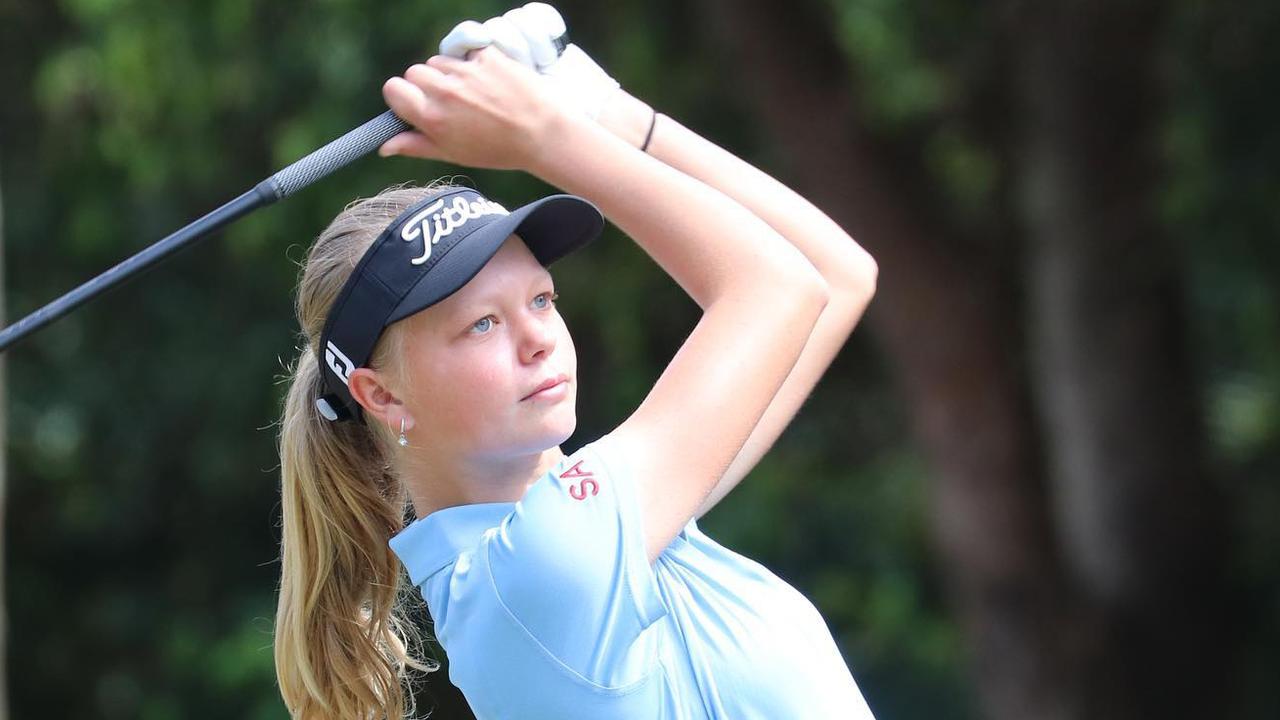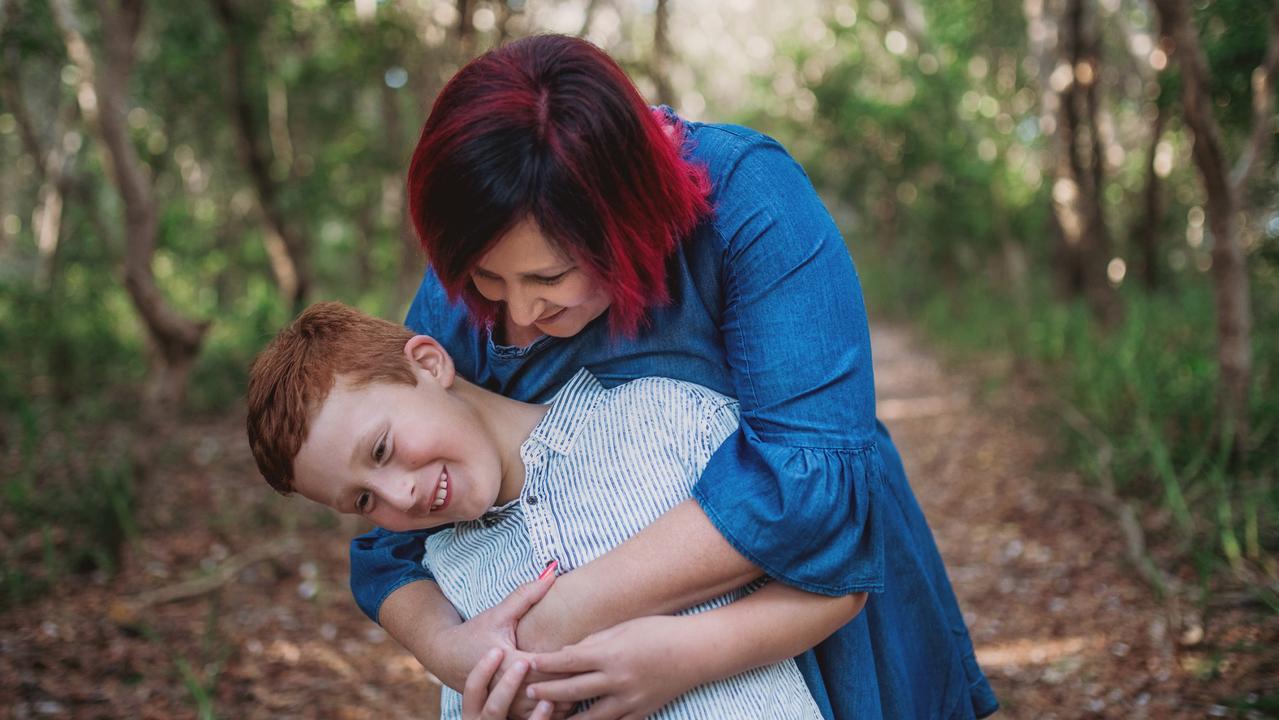SA principals back World Vision call for cultural educators to teach First Nation history
You definitely recognise his face but you would not be alone if you failed to name this extraordinary Ngarrindjeri man or his historic achievements.
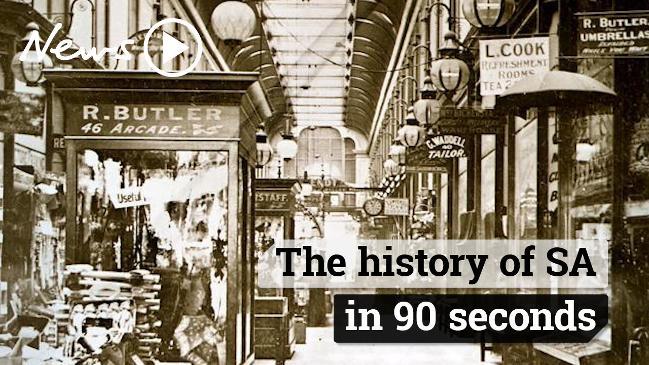
Education
Don't miss out on the headlines from Education. Followed categories will be added to My News.
School principals in South Australia have backed a campaign for cultural educators to be deployed to primary schools to help teach students about local First Nations people.
The campaign, being led by a coalition of First Nations groups and facilitated by charity World Vision, comes as a survey reveals a dismal lack of knowledge of Indigenous history.
It found only 30 per cent of respondents knew David Unaipon – who appears on the $50 note – was an inventor and writer, with most people presuming he was a federal MP and 4 per cent thinking he must have been an AFL footballer.
Fewer than half of 1000 adults surveyed nationally in May knew how long Australia was inhabited prior to the arrival of British explorer James Cook and 60 per cent did not know the name of the traditional owners of the land where they lived.
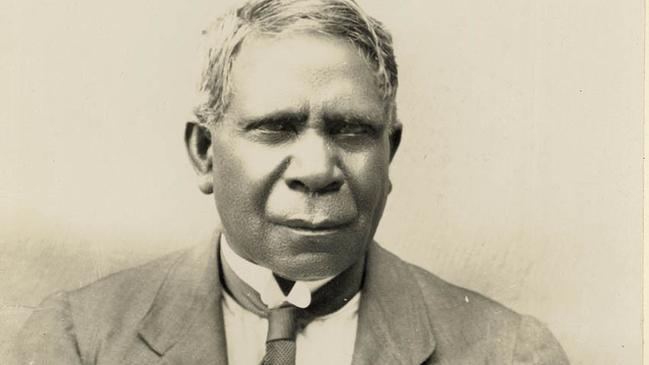
SA Primary Principals Association president Angela Falkenberg said there wasn’t a good understanding of the role that First Nations figures played in shaping Australia.
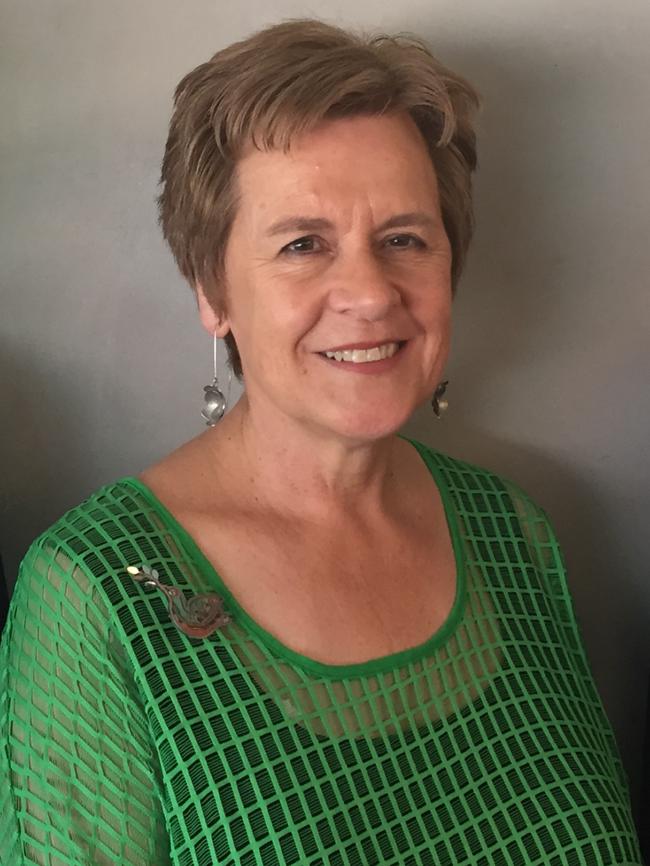
“We think enough of a figure like David Unaipon to put him on our $50 note, but it’s disappointing that we haven’t taught people why he deserves to be there,” she said.
At the association’s 2021 conference this month, World Vision policy leader Scott Winch outlined the campaign, called Know Your Country.
Some 93 per cent of the principals said they would welcome funding to hire a cultural educator.
Dr Winch said the program should be funded federally for consistency but with flexible delivery at a local level.
“It’s not the intention of Know Your Country to be prescriptive over the model but to advocate for the importance of including local First Nations communities in the development and delivery of First Nations curriculum in collaboration with teachers,” he said.
The educators could be employed directly by state or federal government or be a member of a local First Nations organisation.
Ms Falkenberg said the campaign applied to public, Catholic and independent schools so it would be appropriate as a federal initiative.
Teachers were keen to tell students about Indigenous culture but sometimes felt a sense of discomfort about whether they were getting it right. For example, they might know about some traditions of the Kaurna people in the Adelaide Plains but be teaching in Barngarla land at Whyalla.
Having indigenous educators to tell the stories would make lessons “more responsive and alive”.
Dr Winch said the government and opposition had expressed interest in the proposal but had not yet made a commitment on funding.
The campaign comes as the Australian Curriculum Assessment and Reporting Authority reviews the national curriculum, including proposals to give more prominence to Australian Indigenous history and culture.
This followed a commitment made by all education ministers in the nation at Alice Springs in 2019 which included a goal for students to “possess the knowledge, skills and understanding to contribute to, and benefit from, reconciliation between Aboriginal and Torres Strait Islander peoples and non-Indigenous Australians”.

